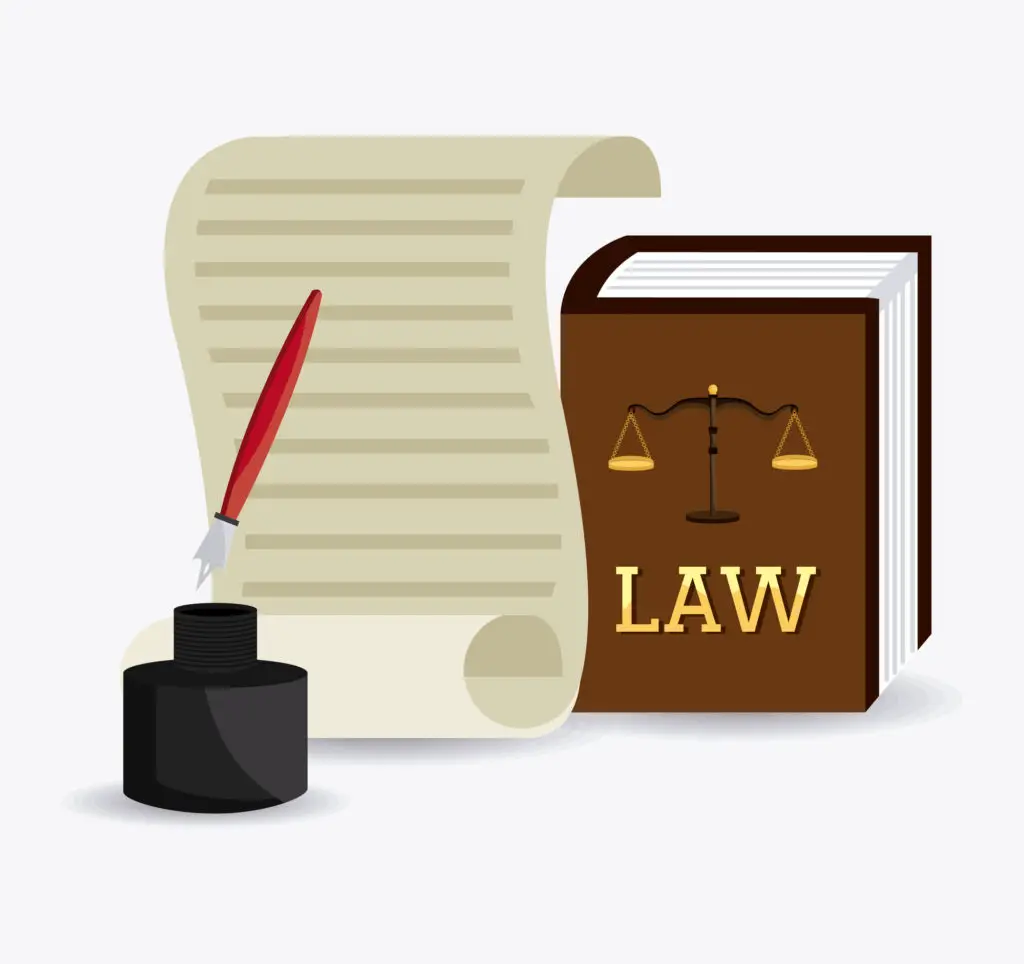 Legal terminology is bantered about among lawyers, but business owners should be aware of certain legal terms and how they may affect a company’s obligations. It can impact whether you’re liable for contract performance, debts, or other obligations. You don’t have to go to law school to know where you stand; just read this to familiarize yourself with the language of law that’s coming into play more commonly because of the pandemic.
Legal terminology is bantered about among lawyers, but business owners should be aware of certain legal terms and how they may affect a company’s obligations. It can impact whether you’re liable for contract performance, debts, or other obligations. You don’t have to go to law school to know where you stand; just read this to familiarize yourself with the language of law that’s coming into play more commonly because of the pandemic.
Force majeure
This is an unforeseen circumstance beyond your reasonable control that prevents you from fulfilling a contract. If such event occurs, you’re not liable for essentially breaching the contract. Whether COVID-19 is a force majeure depends on the contract and the circumstances. Clearly if the contract defines force majeure to include a pandemic, you’re protected. If not, look at the circumstances (e.g., forced government closure).
Commercial impracticality
This is a legal concept that occurs when something happens to make performance of the terms of the contract “excessively burdensome, unbearably difficult, or extremely expensive.” Using this concept to avoid liability for breaching a contract is a facts and circumstances situation. You have to be able to demonstrate that you meet the definition to avoid liability. Again, whether COVID-19 has created any of these circumstances for you must be determined.
Frustration of purpose
This is a legal defense for a buyer backing out of a contract. It results when unforeseen events impede a buyer’s purpose and the seller knew of this purpose. Once again, this is a factual matter. COVID-19 could be that unforeseen event, but the other conditions must also be present.
Forbearance
This is the action of refraining from exercising a legal right. For example, a landlord may overlook collection of the rent on your commercial space or a vendor may not press you to pay an outstanding invoice. During the pandemic, many businesses have refrained from enforcing a debt or taking other action in recognition of the economic challenges being faced. But be sure you understand the scope of the forbearance. It may be just a temporary delay. It may require you to pay an additional amount (e.g., interest on a late invoice). Or it may allow you to make a smaller payment now, with added cost later one (e.g., a reduced mortgage payment, with interest accruing on the unpaid amount).
Cancellation of debt
In some situations, money you owe may be forgiven permanently. This is cancellation of debt, which helps you with cash flow but usually results in taxable income. However, the cancellation of debt isn’t taxable if any of the following conditions apply:
- You receive loan forgiveness under the Paycheck Protection Program.
- You’re insolvent at the time of forgiveness; the tax-free amount is the extent of insolvency.
- You’re in bankruptcy.
Gross negligence
Congress is considering a measure of protection for businesses that reopen in the wake of COVID-19. A proposal would permit those who contract the disease and can show it’s related to a particular establishment only if the business is grossly negligent. According to Law.com, gross negligence is carelessness which is in reckless disregard for the safety and lives of others, and is so great it appears to be a conscious violation of the people’s rights to safety. Ordinary negligence is a simple failure to do something, while gross negligence is actively failing to do what’s appropriate.
Final thought
If you face any legal dilemma, be sure to reach out to an attorney knowledgeable in the area of your dilemma. For example, if you’ve breached a contract, consult with a contract attorney to learn how to proceed.


